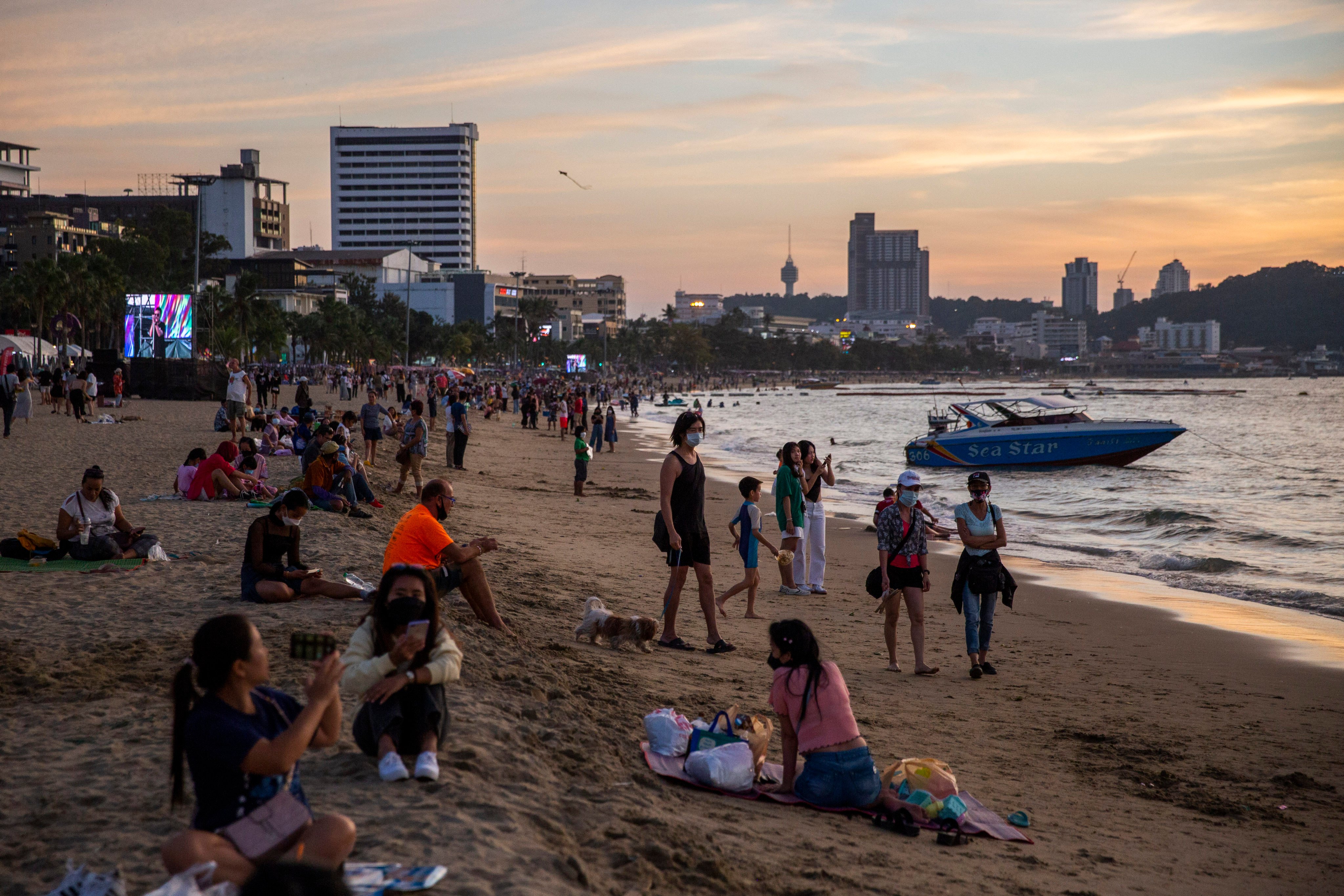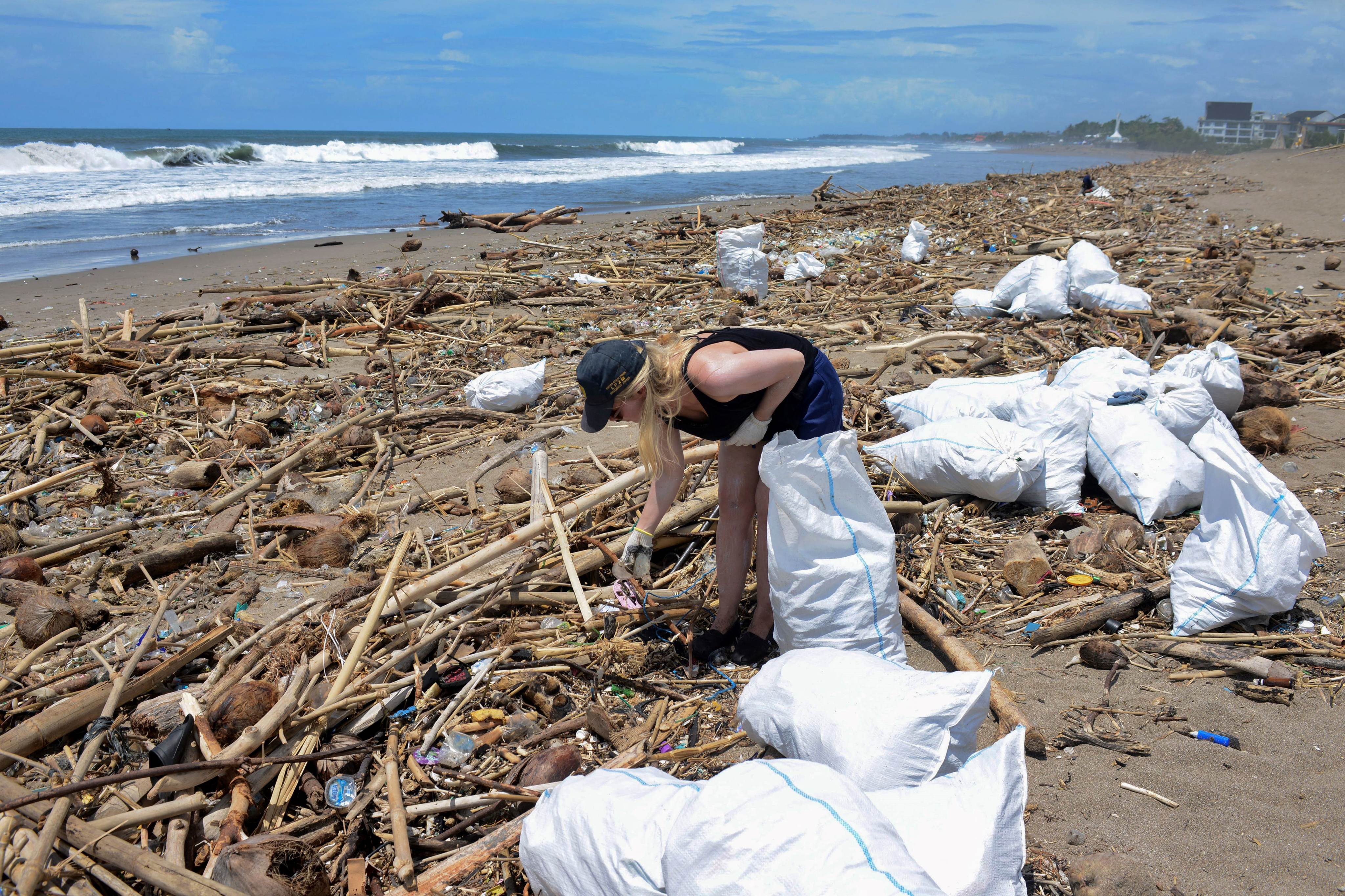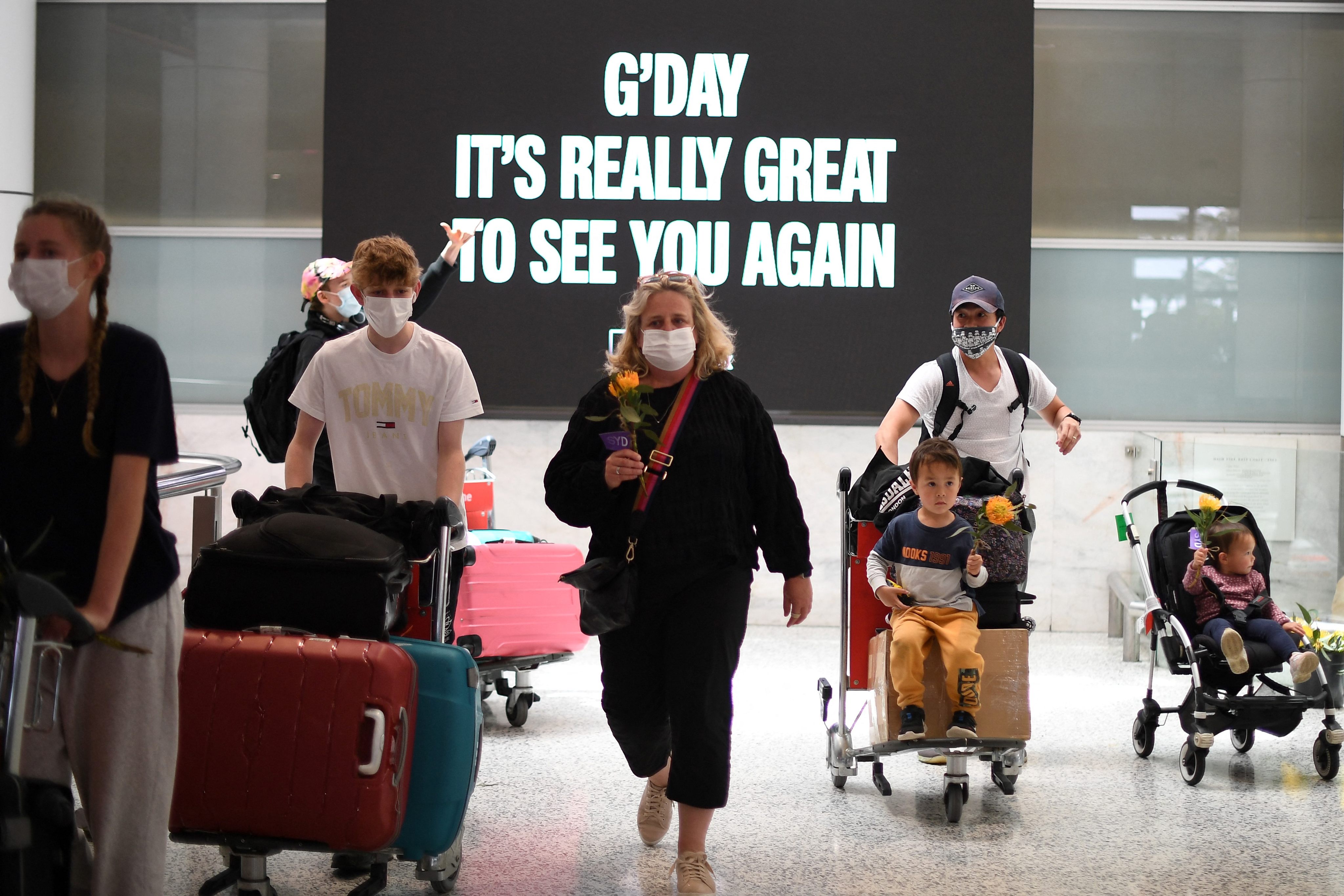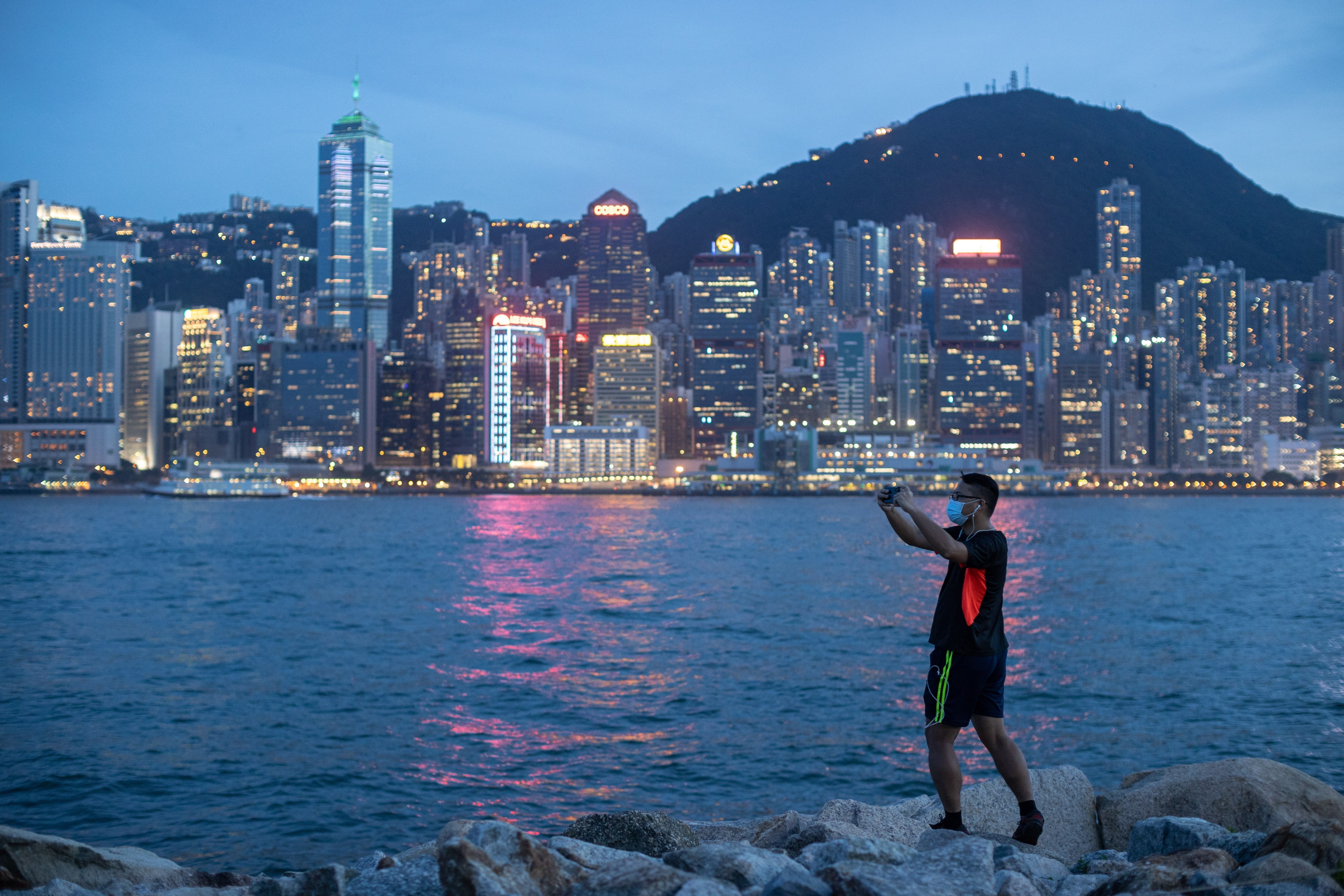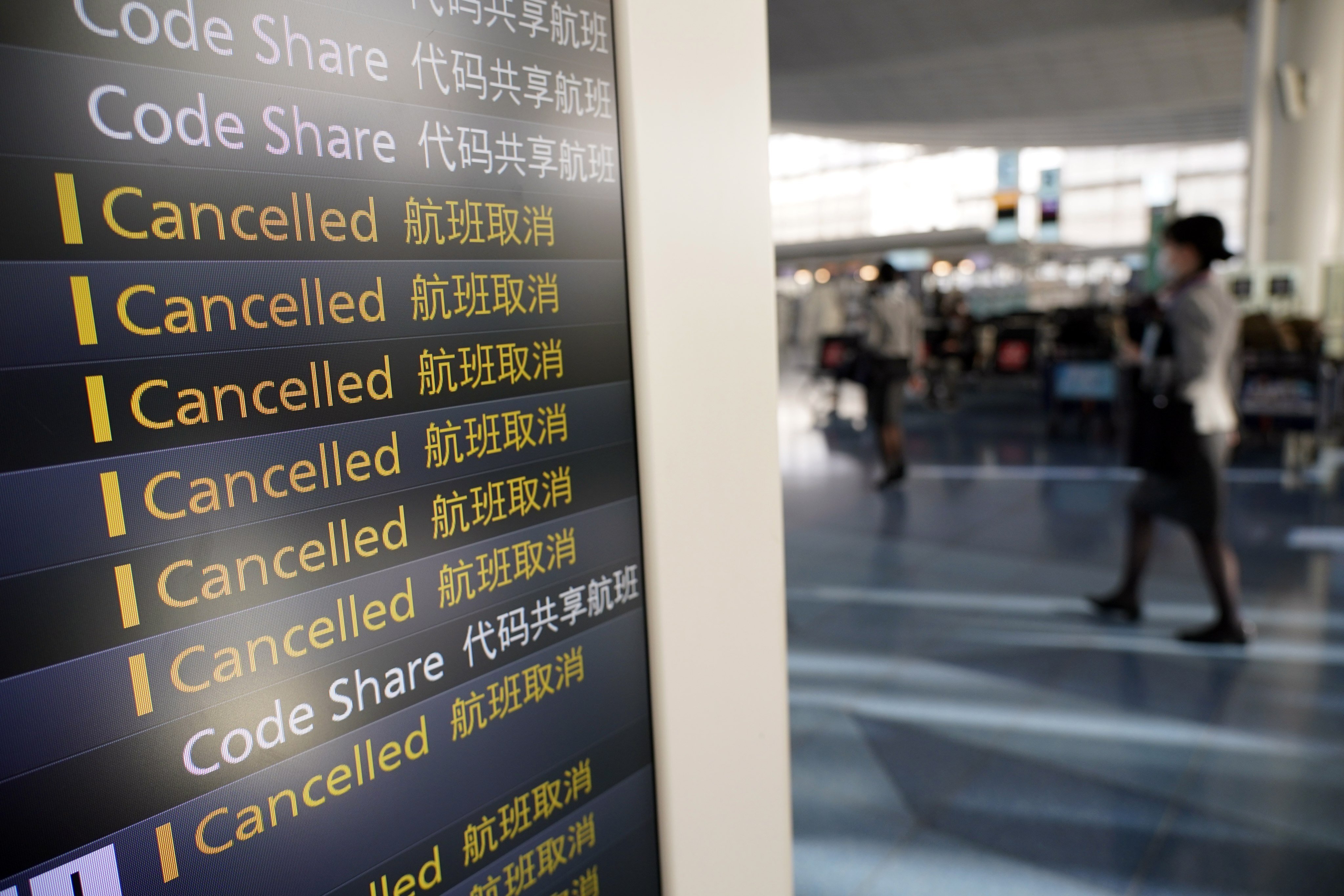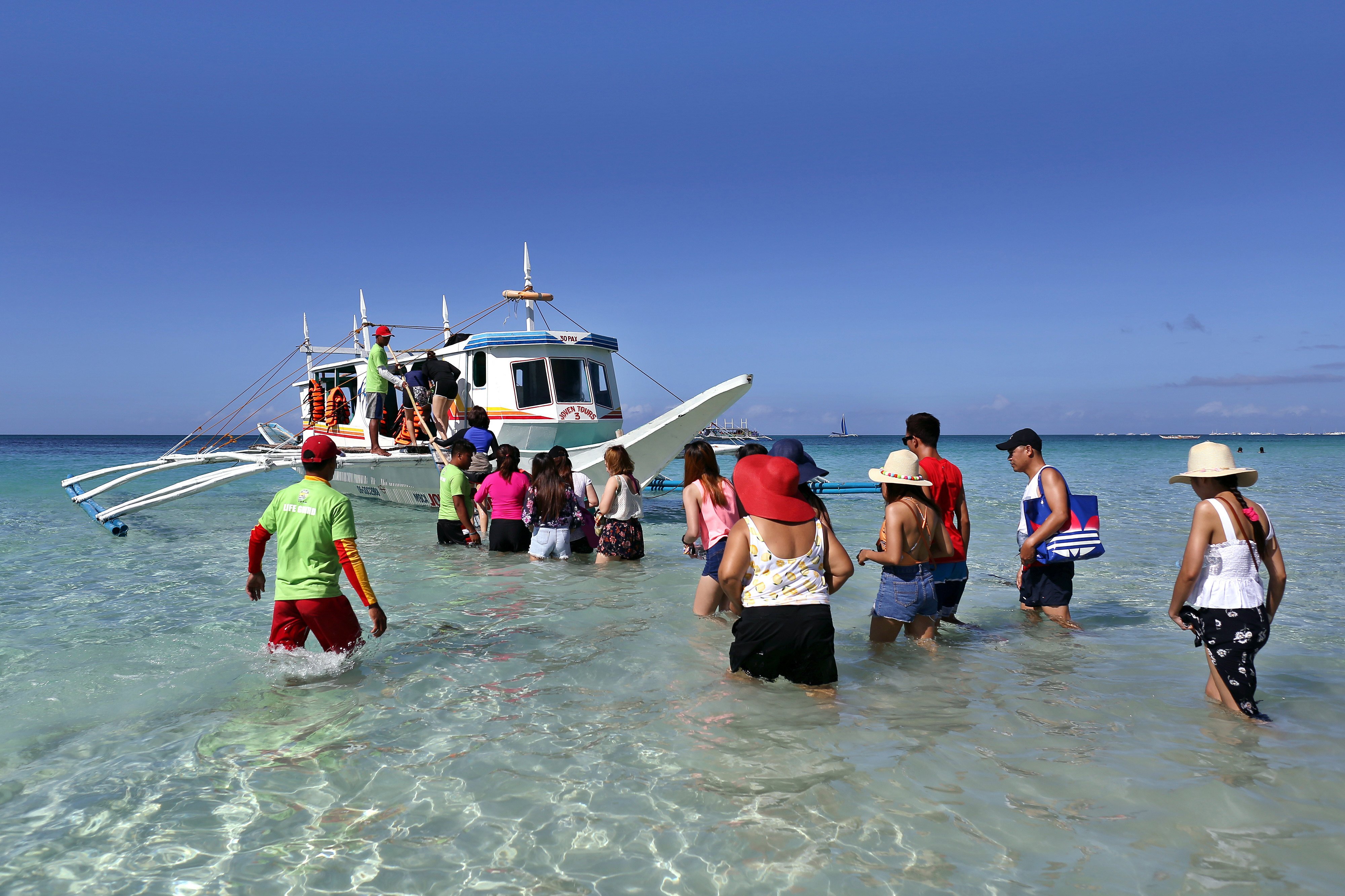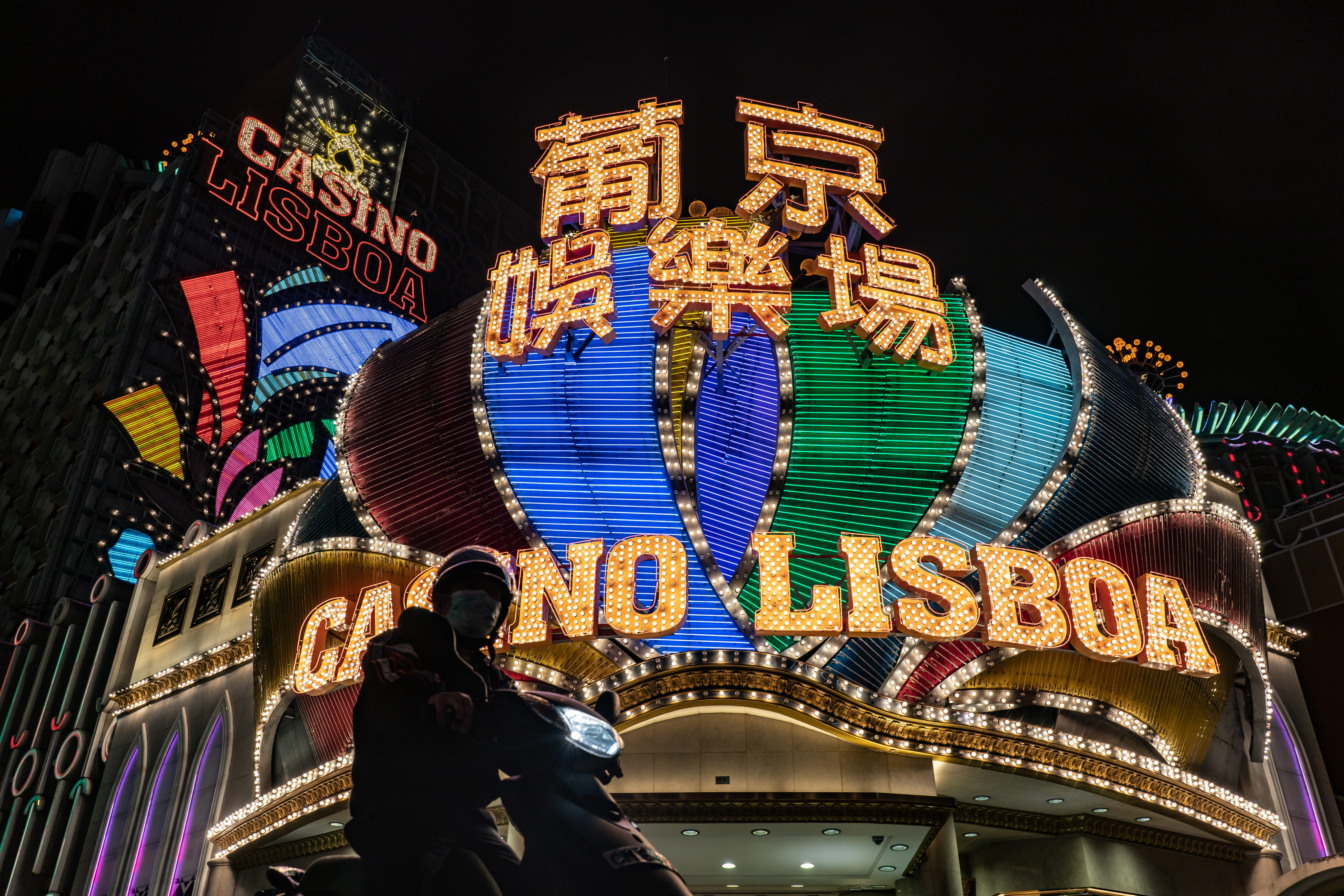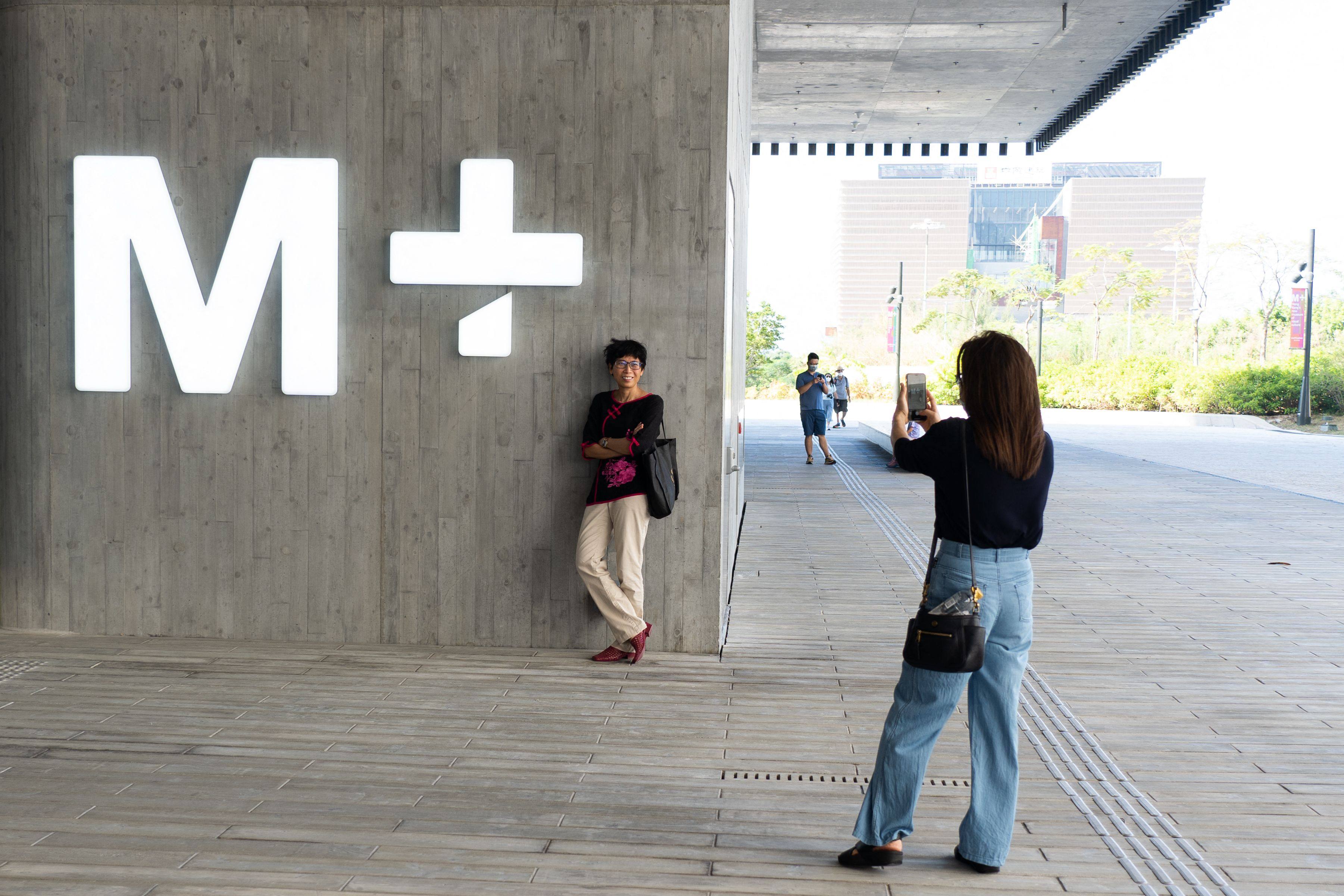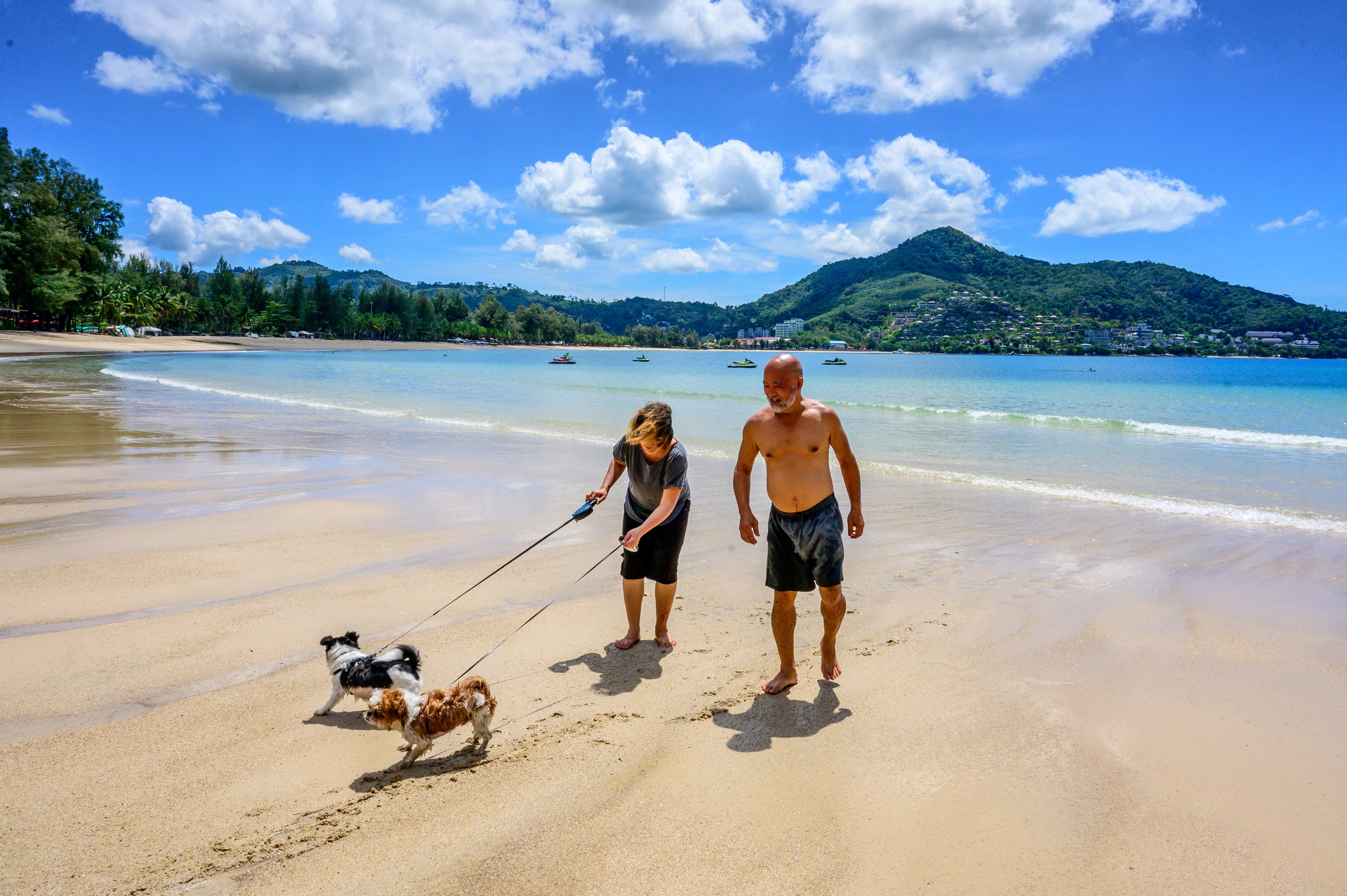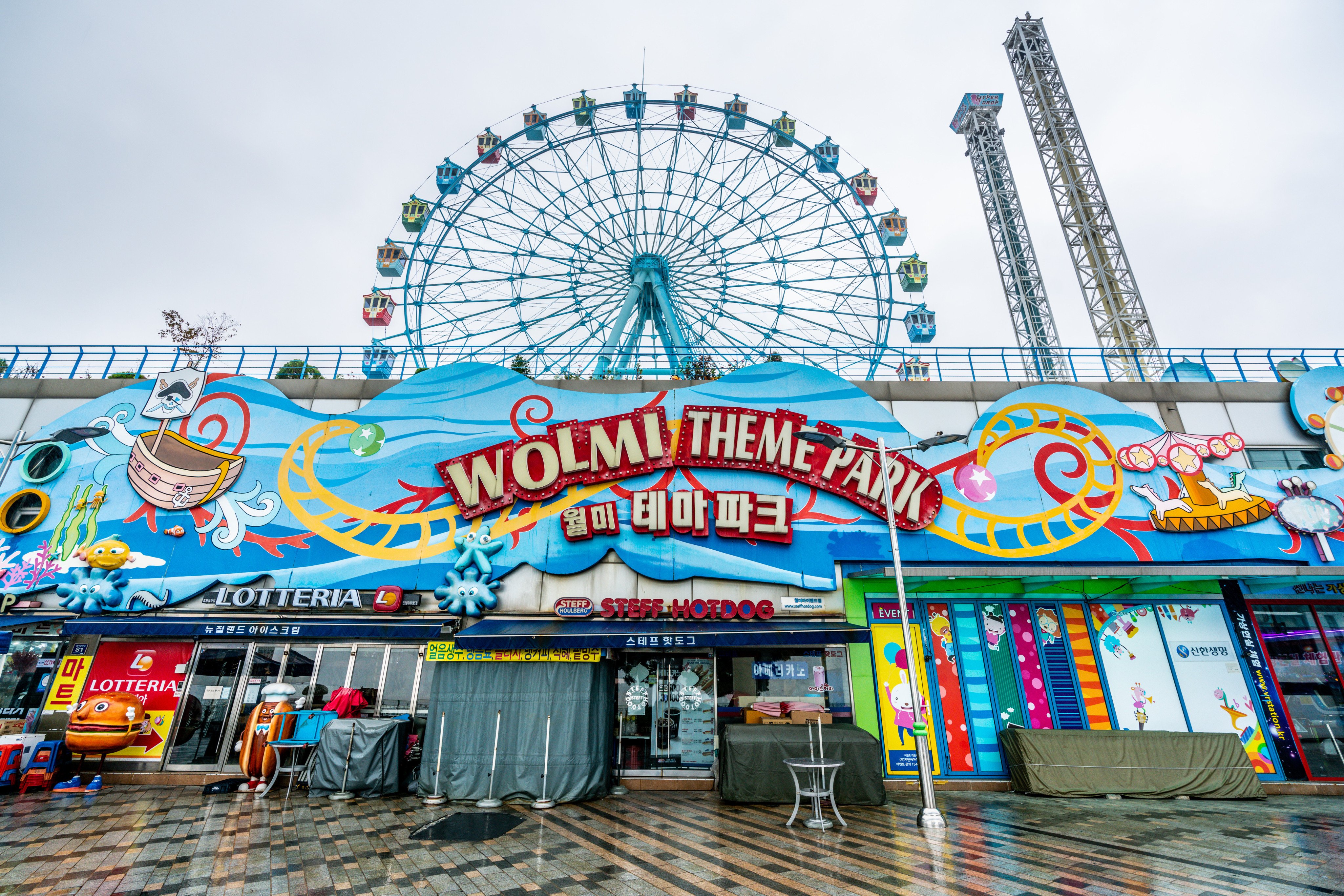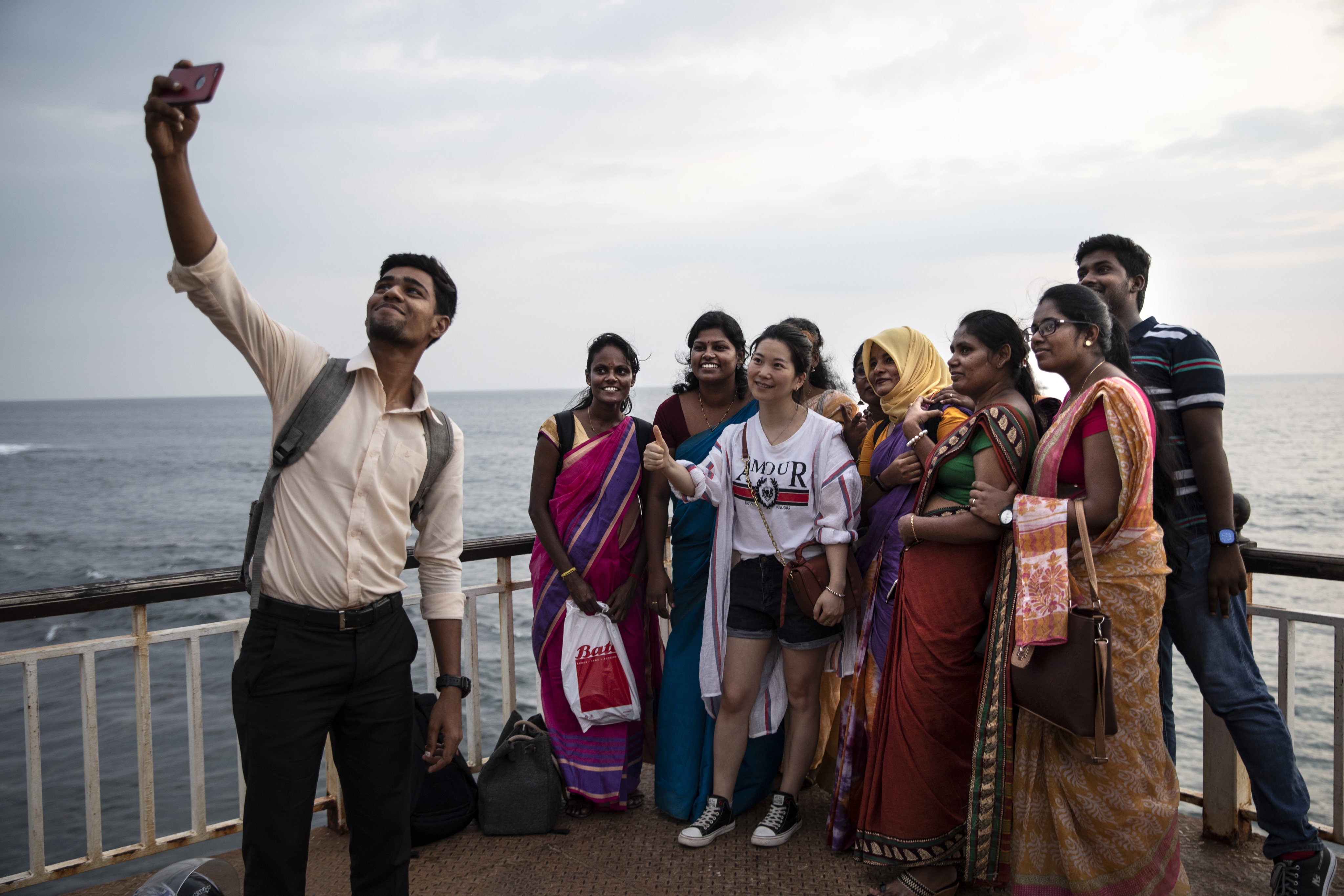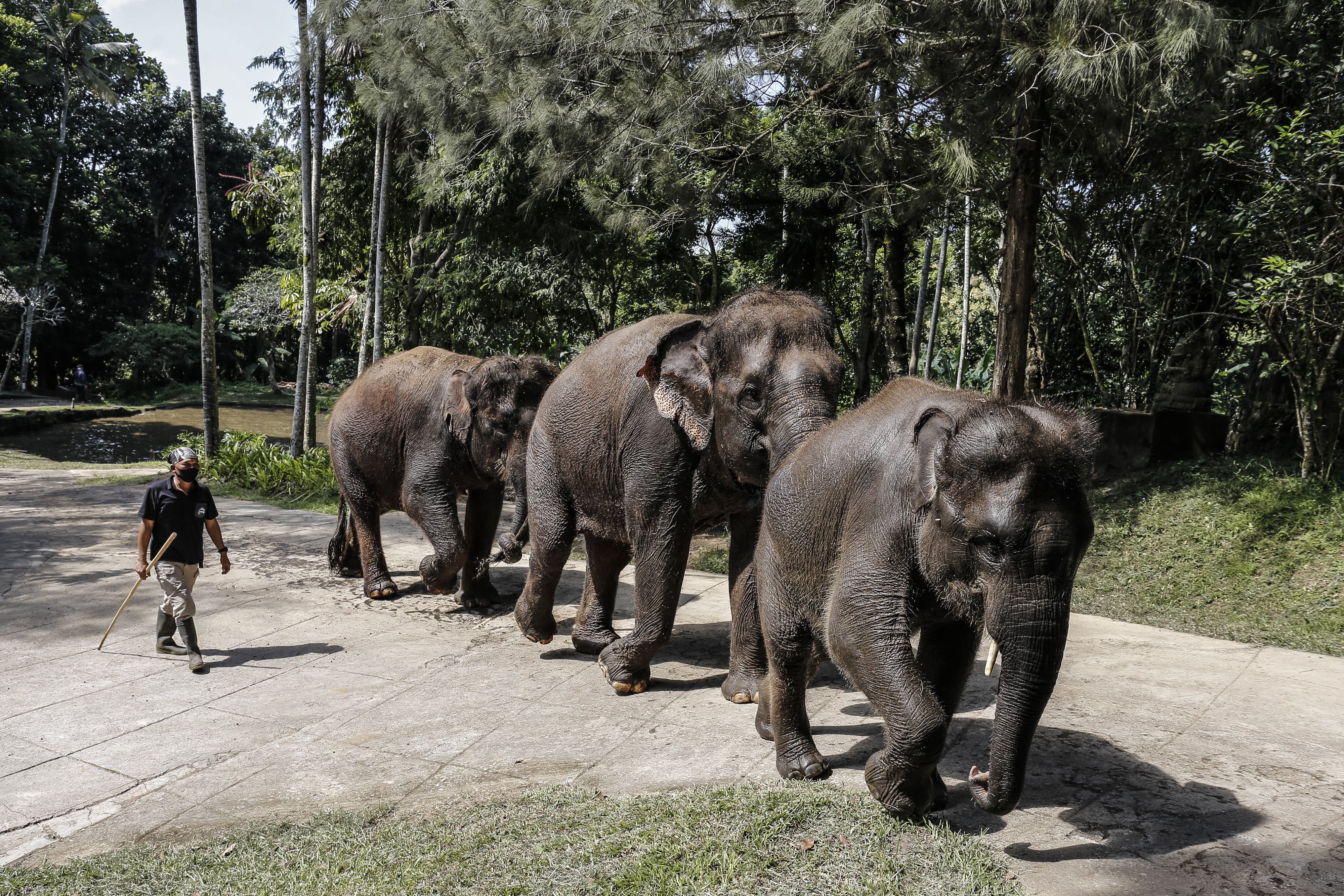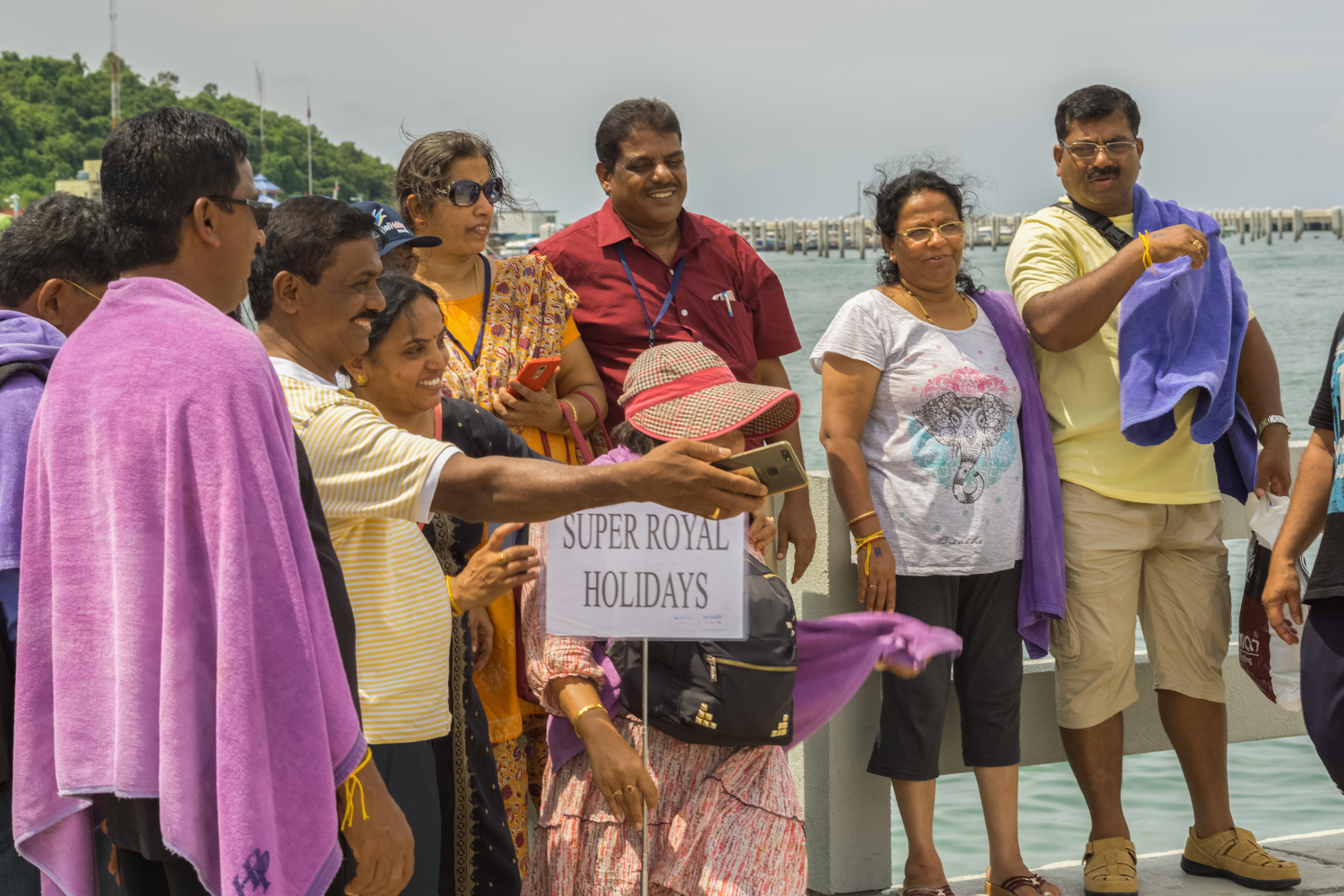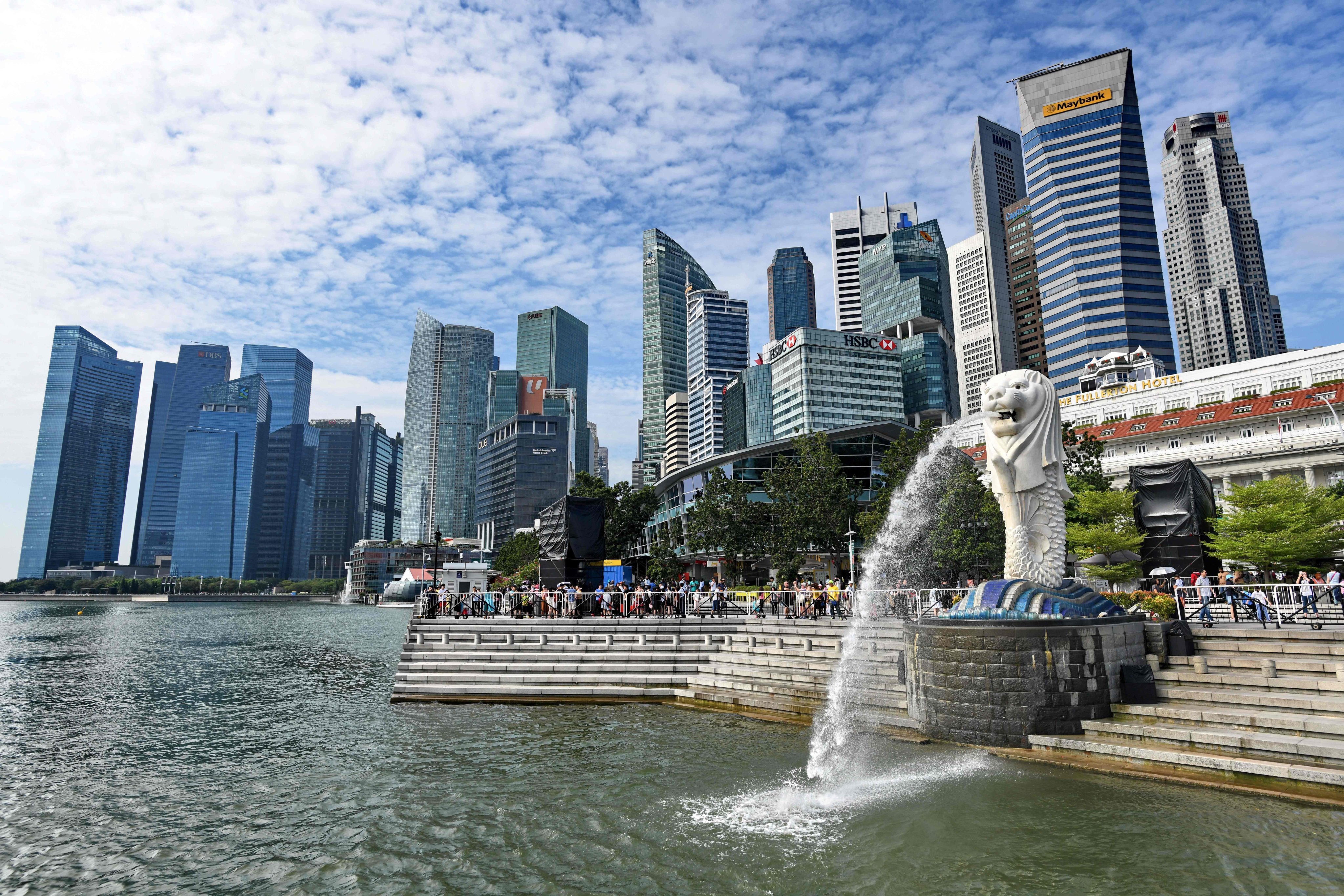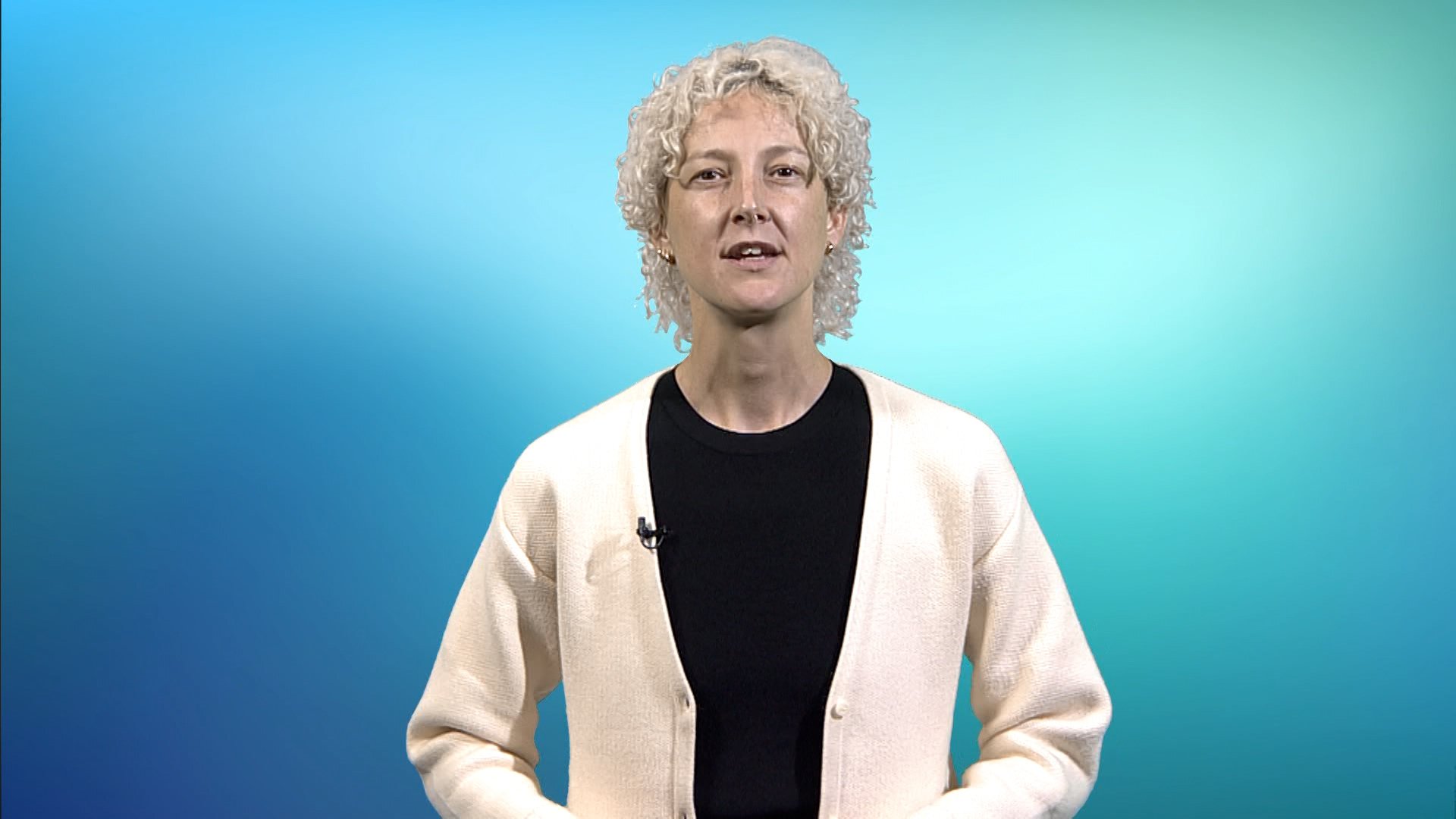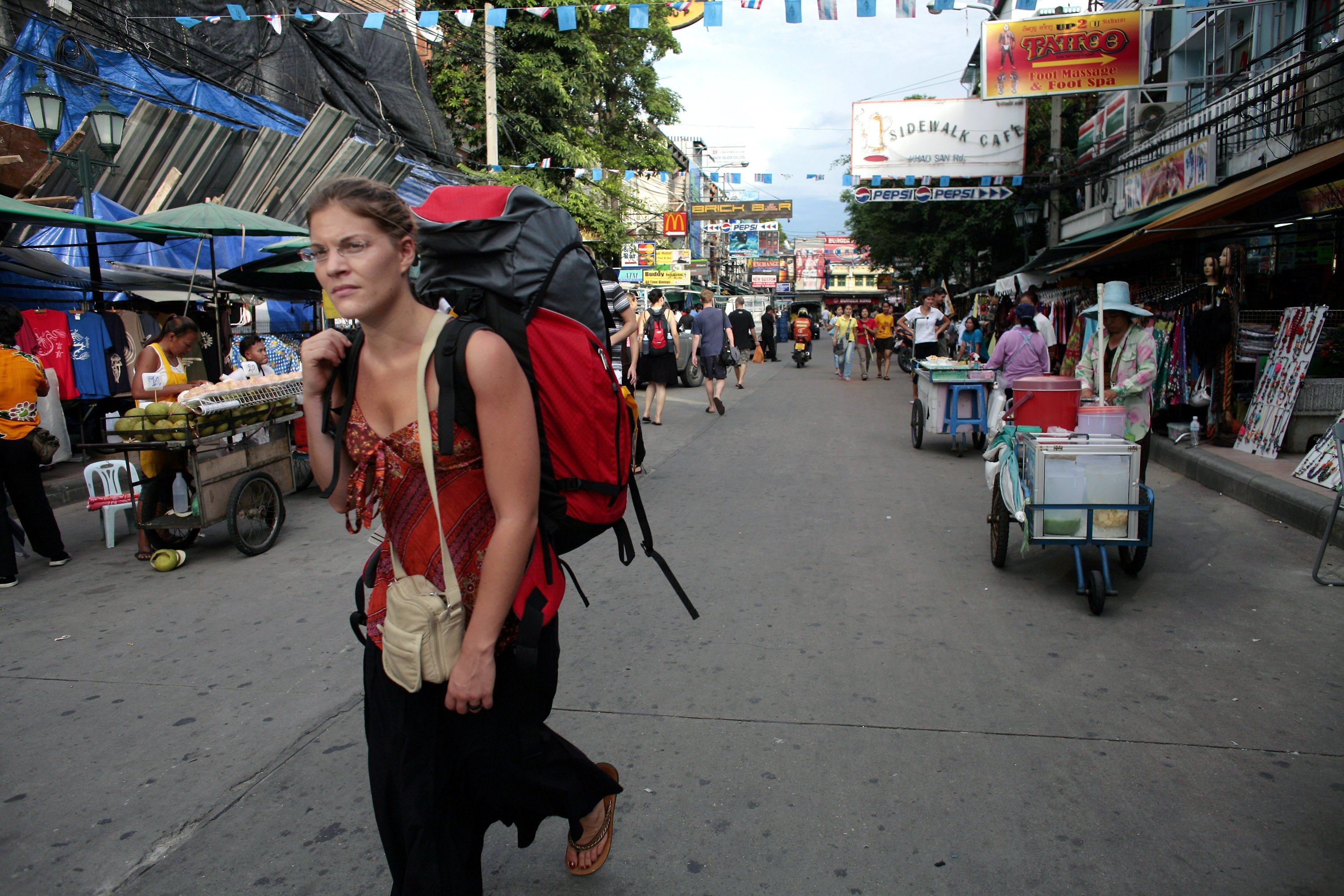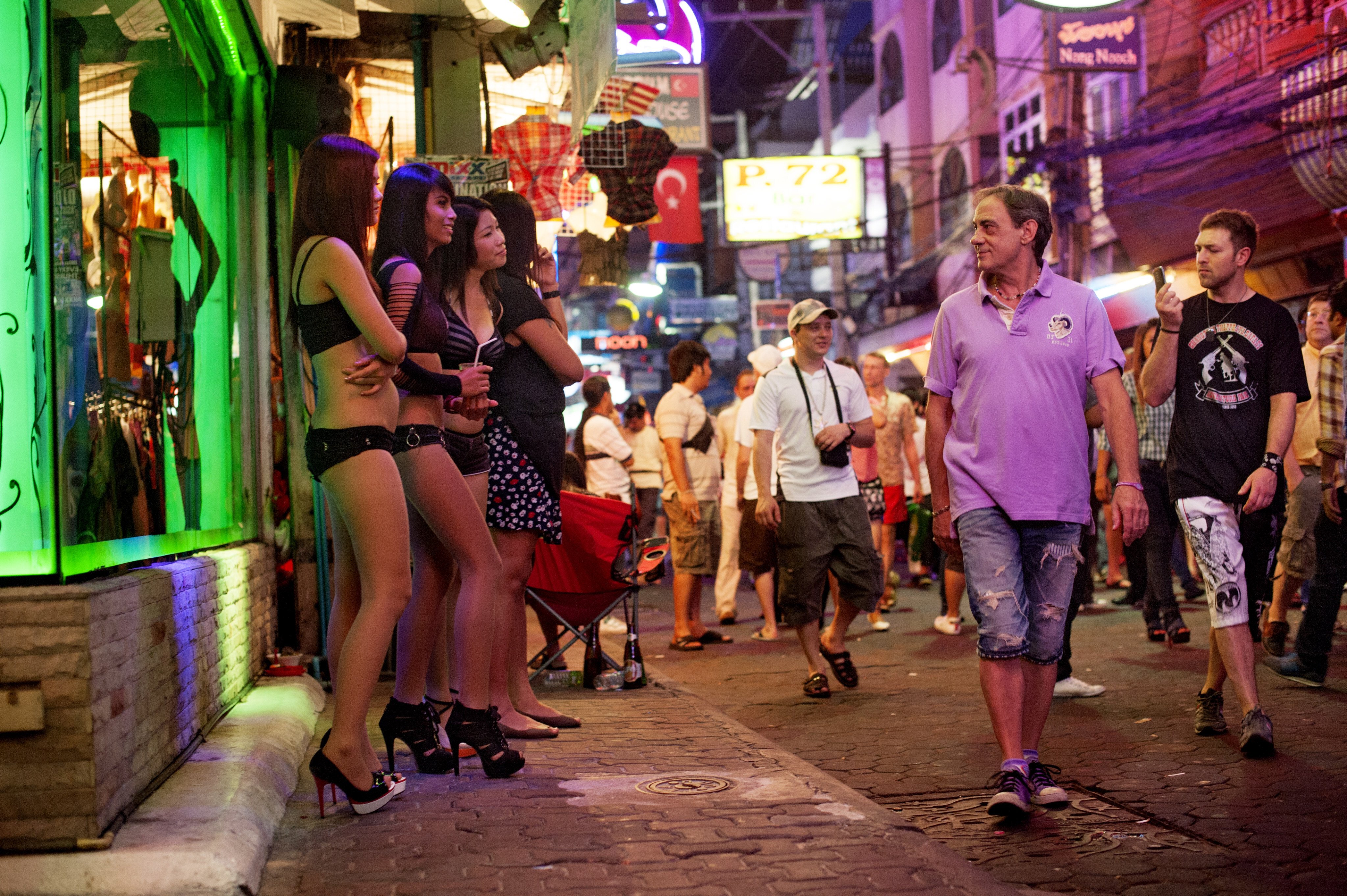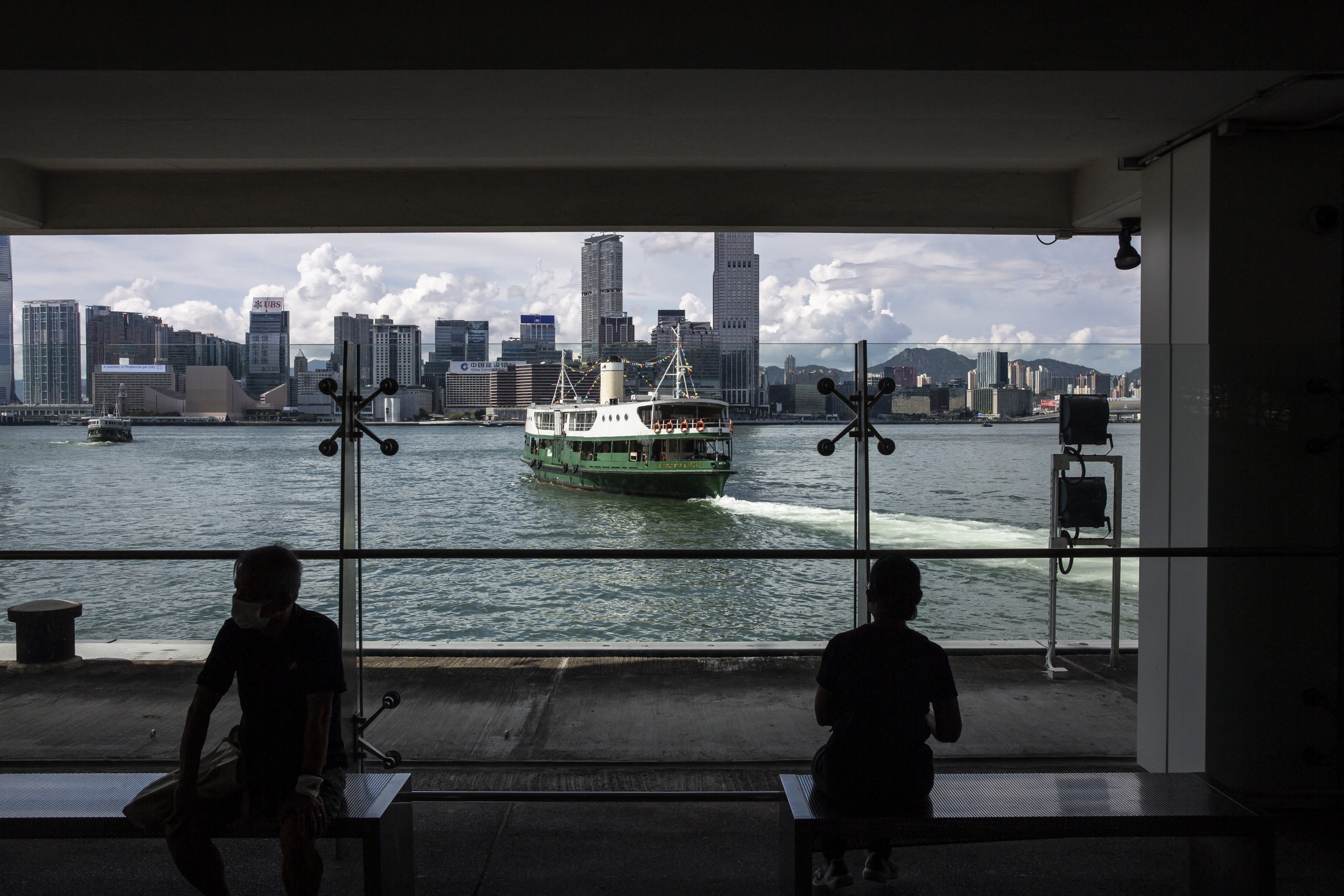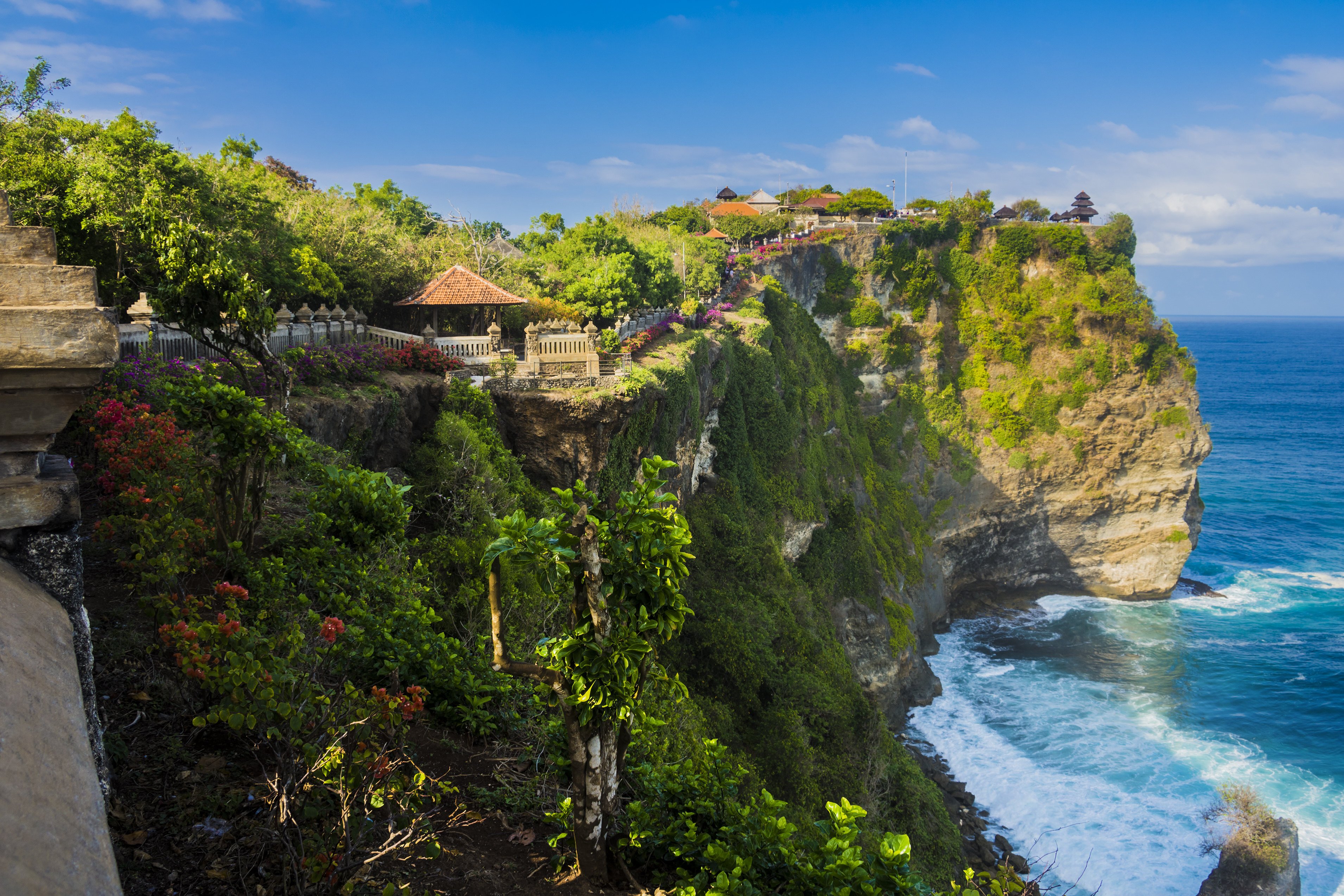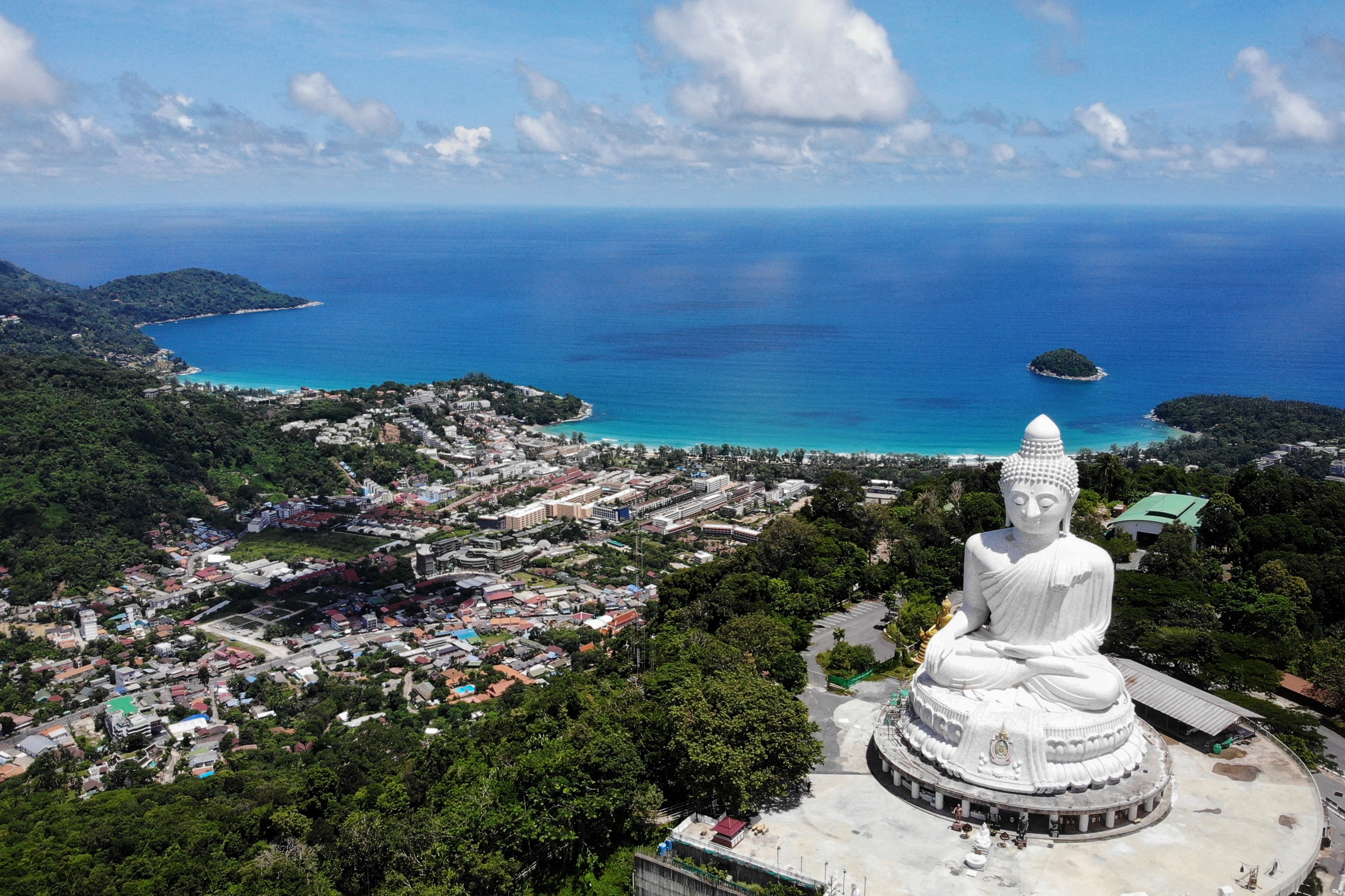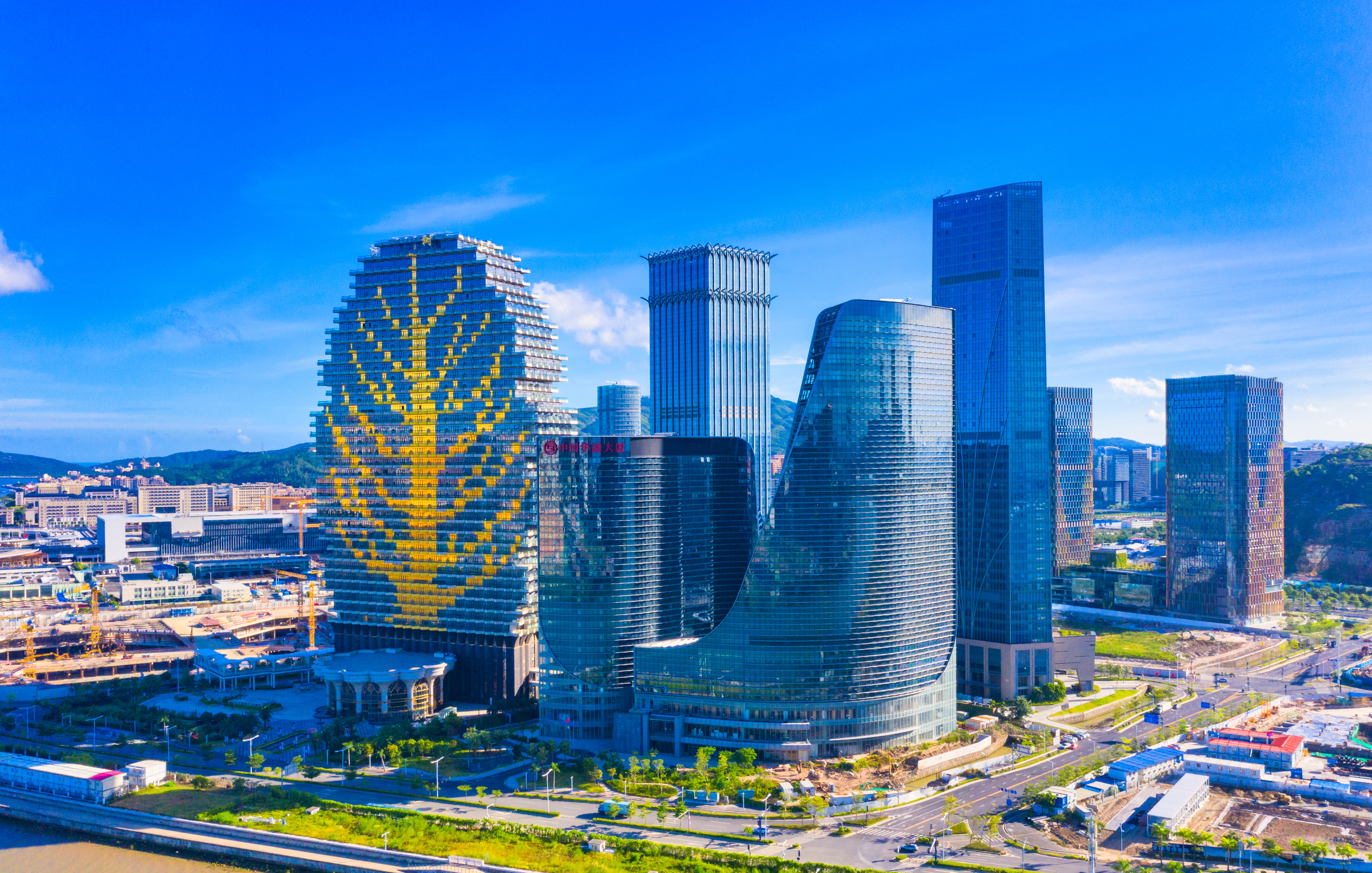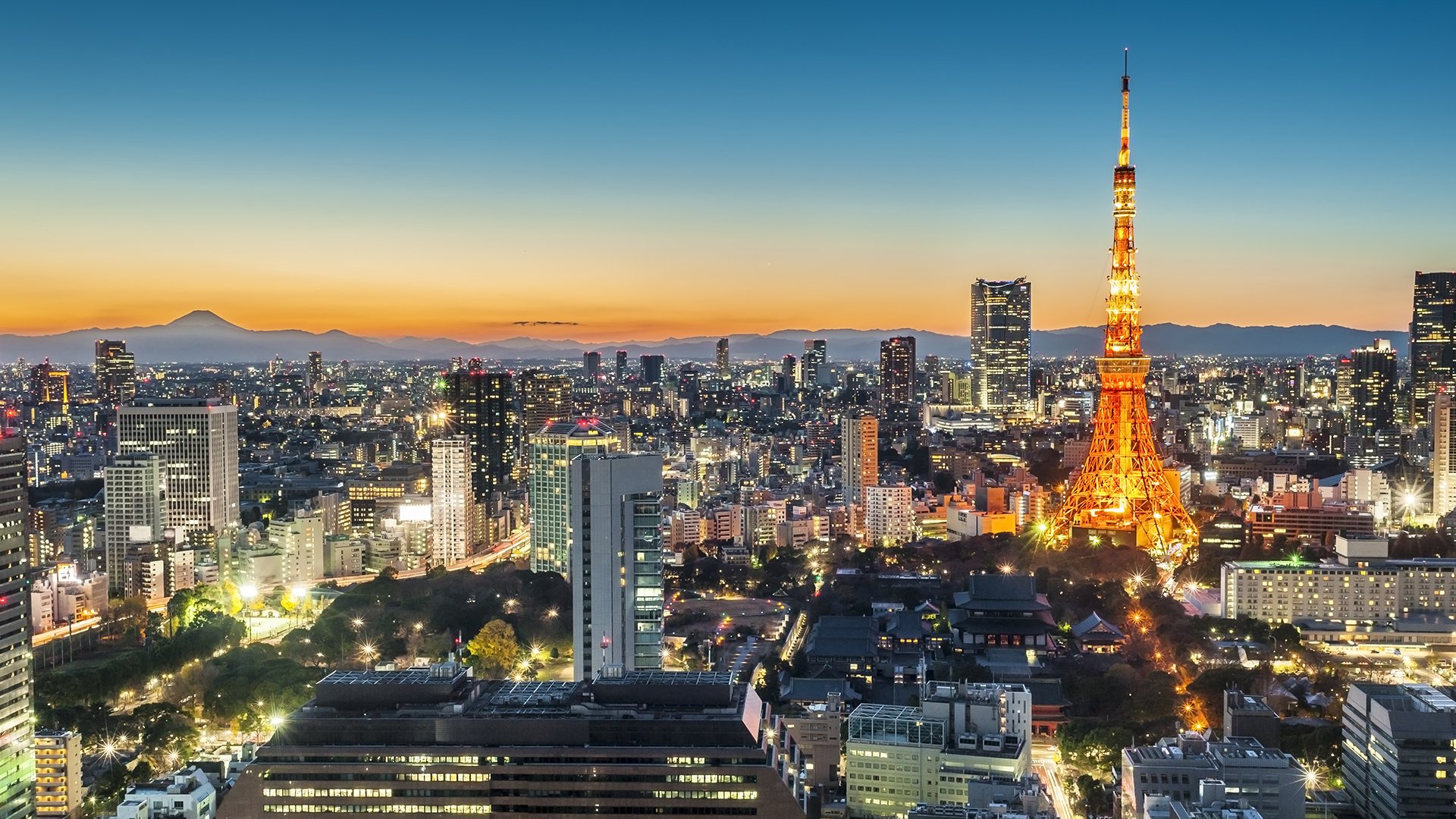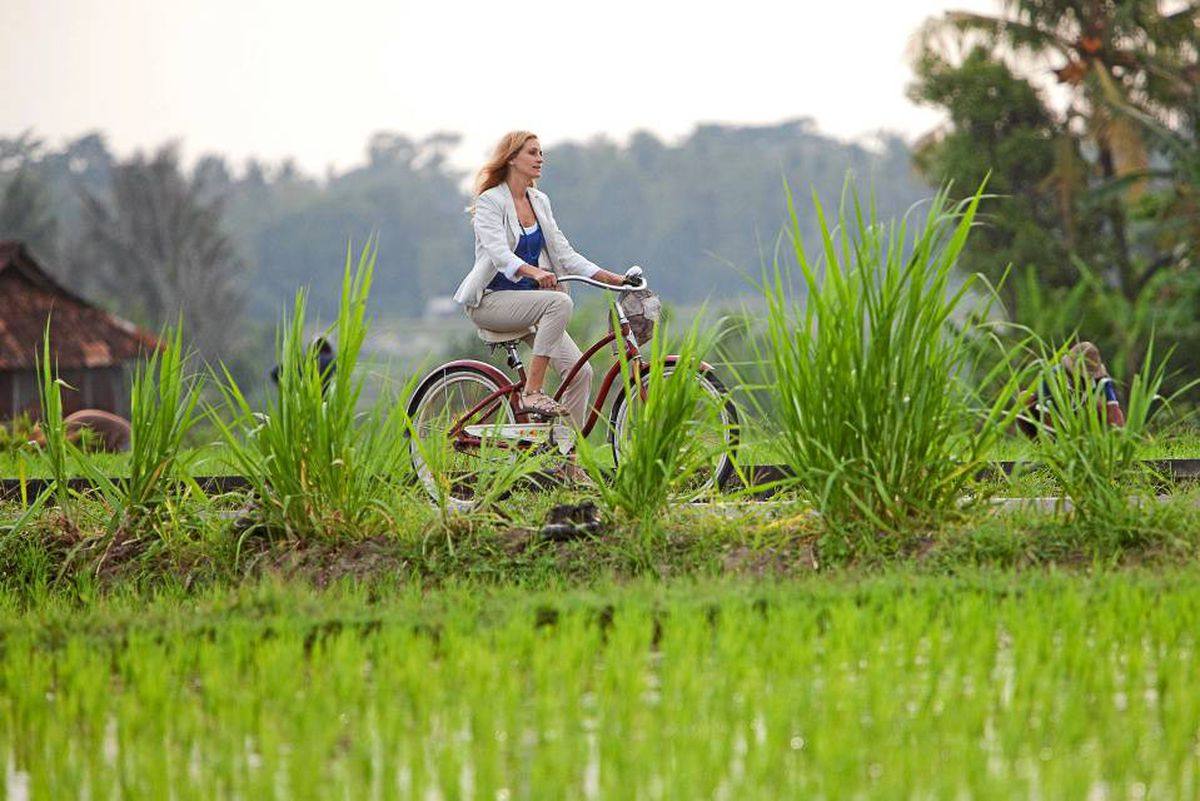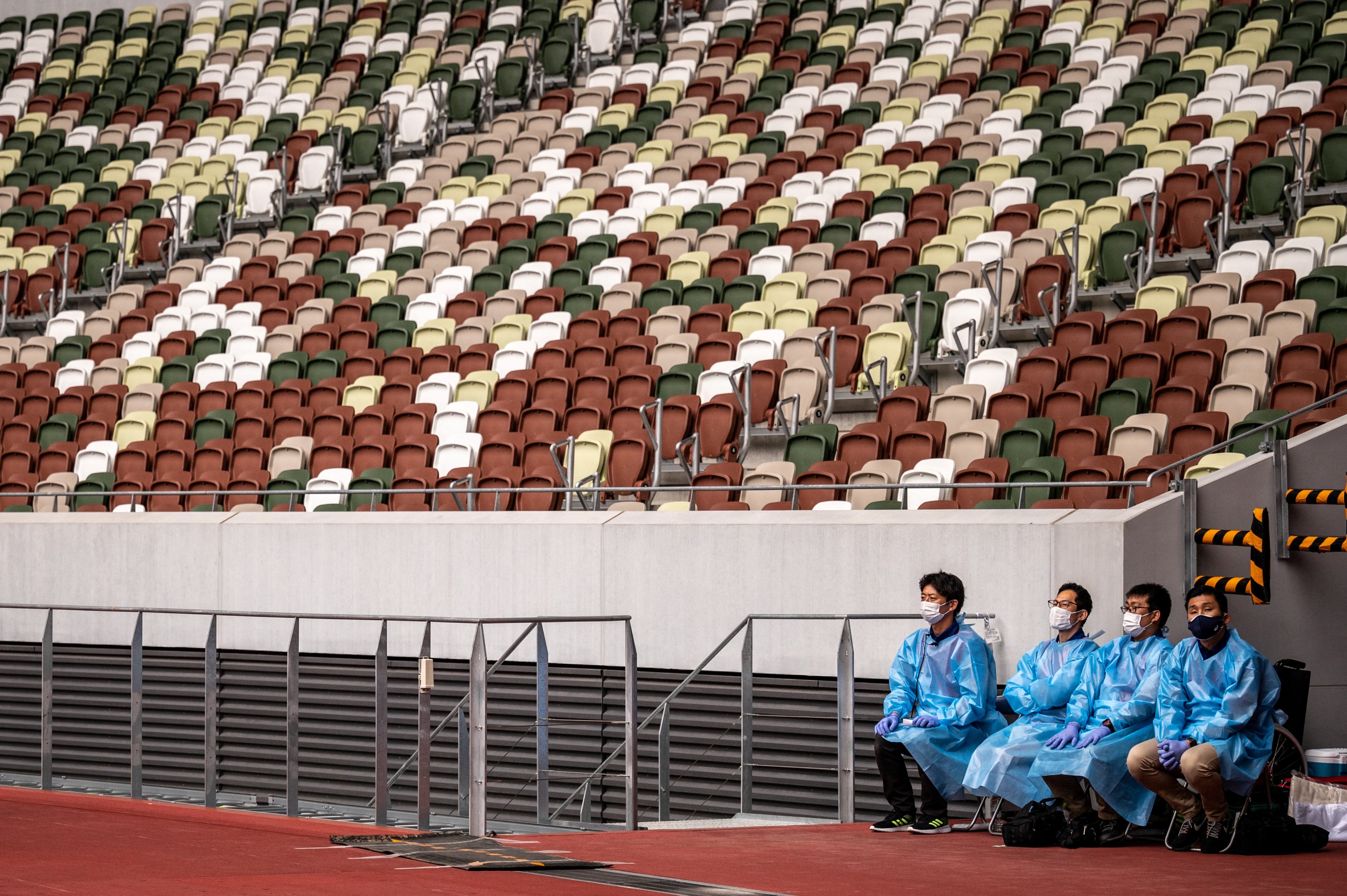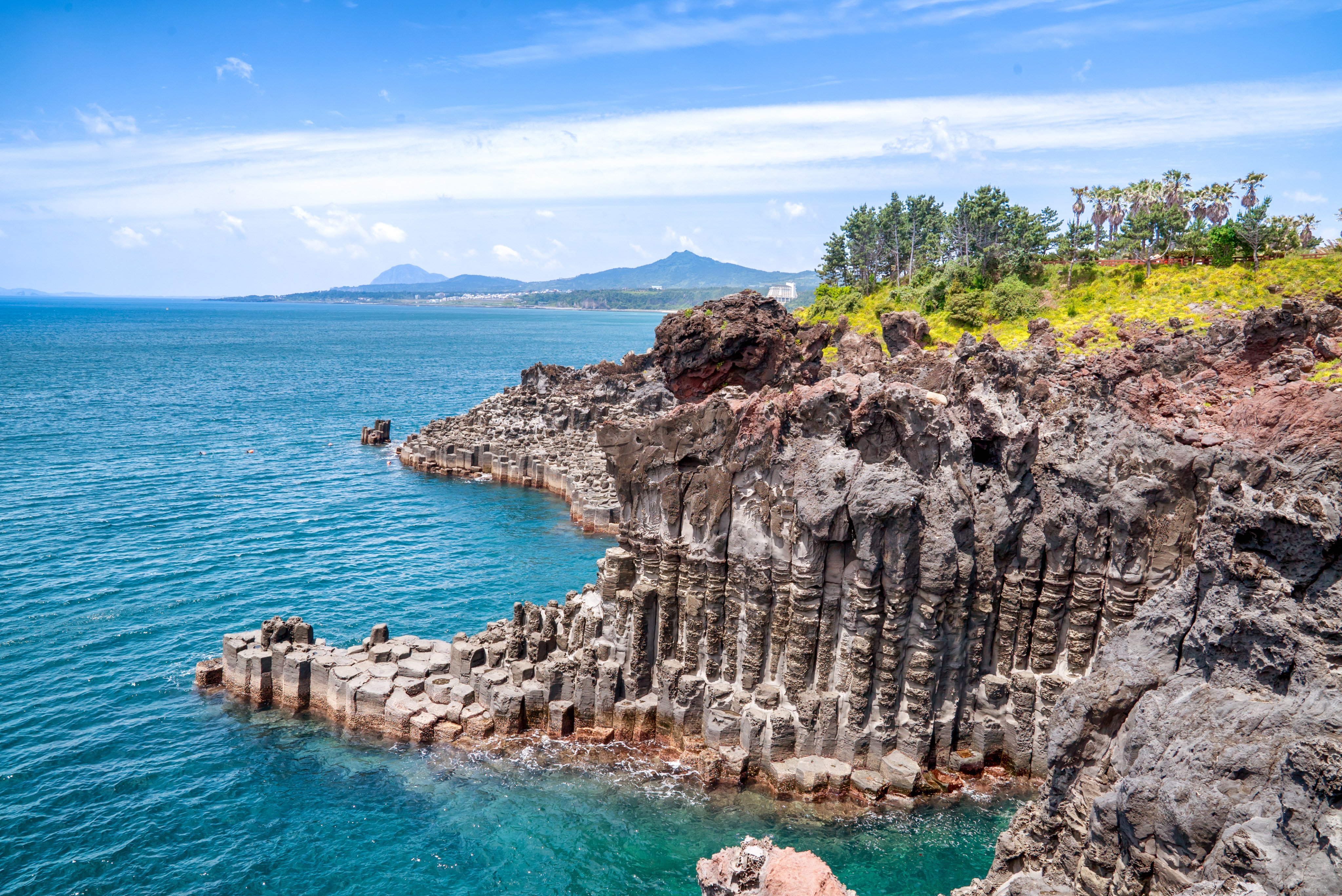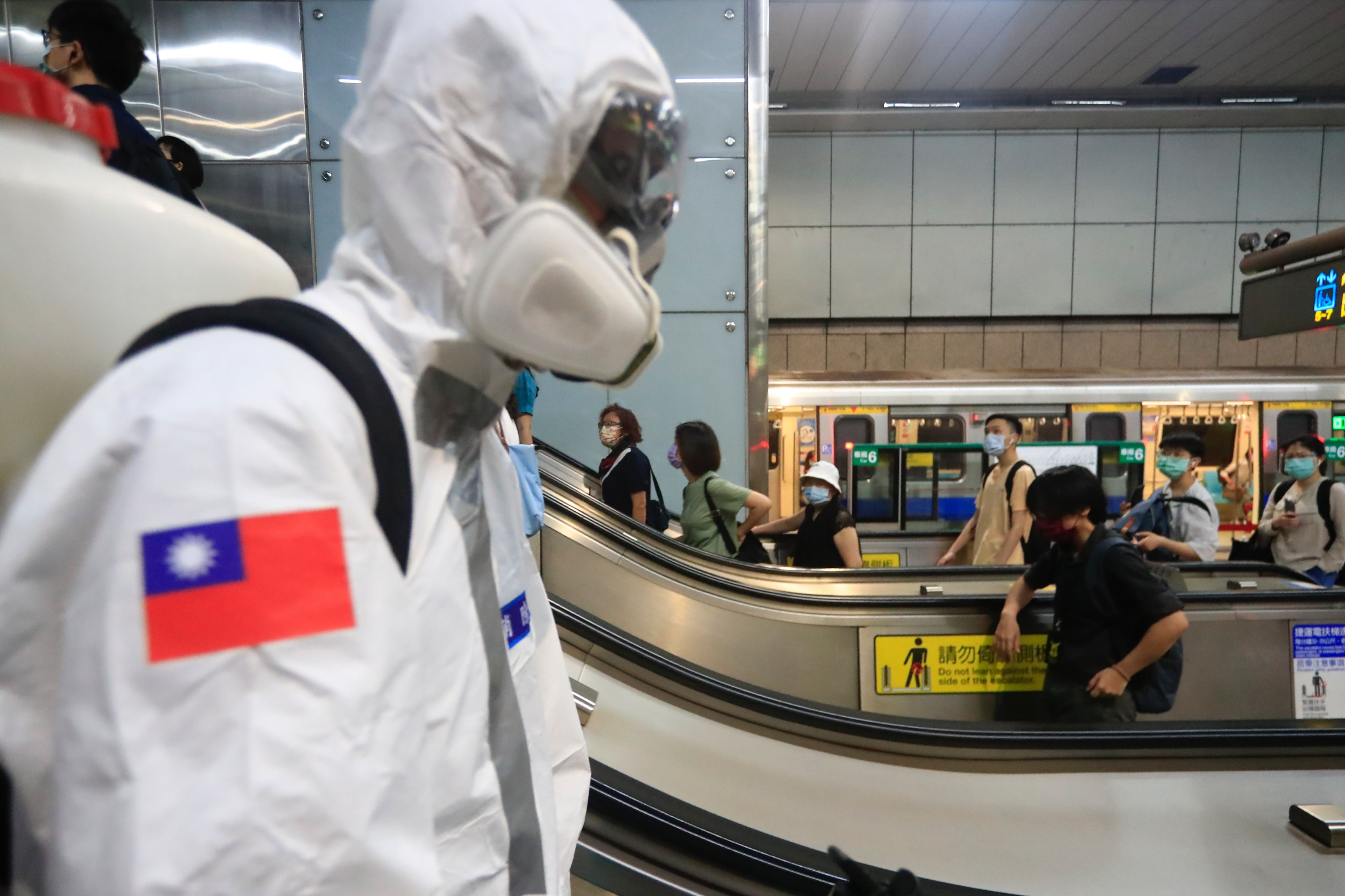Tourism is vital to Asian economies both emerging and developed, as well as satisfying our urge to travel. The Omicron Covid-19 variant threatens to set back Asia’s reopening to leisure travellers.
Thirty tons of trash were removed from just one Bali beach on December 7 as domestic tourists – 13,000 a weekend, reportedly – are making up for the lack of foreign visitors.
Australia’s tourism minister seems confident that domestic travellers can keep the market afloat, but new data shows a large drop in spending, affected by Covid-19 and recent bush fires.
The city’s food, culture, architecture, infrastructure and landscape all get a tick, but shopping has lost some of its sheen. As for events? Hmm.
A patient who tested positive for Omicron while in mandatory quarantine is a win for Hong Kong’s unpopular regulation as countries step up measures to prevent its spread.
South Korea is currently absent from the list of places the Philippines will reportedly reopen to before the end of the year, but a separate vaccinated travel lane could be created.
An estimated 15 to 20 per cent of Macau’s gaming revenue came from or via Hong Kong pre-pandemic, so any travel easing could give the gambling mecca a welcome boost.
As an addition to Hong Kong’s tourism portfolio, M+ will probably be a hit – but given travel restrictions and national security law concerns, it may not put the city on the cultural tourism map as firmly as once hoped.
Thailand is getting back to what it does best after 18 long and economically arduous months, but right now it could just be travellers from India who take advantage.
As interest in hotspots like Jeju Island surge, Squid Game has seemingly become an ad for South Korea as a tourist destination. But watching the show is a strange reason to want to visit.
Sri Lanka’s ambassador to China recently reasserted that goal, and one of China’s largest outbound travel agencies has reportedly committed to it.
Reports that one elephant tourism camp left more than a dozen of the animals to starve highlight how Sumatran elephants in Bali are stuck in a vicious circle.
The relaxing of stipulations in Thailand means no quarantine for vaccinated tourists and reduced quarantine nationwide for any visitors. Chief among those they want to attract? Big-spending Indian travellers.
When travel restrictions are lifted, Chinese tourists will likely go only where they feel safe and welcomed – and top of that list, according to a report, is Singapore.
An Indonesian minister quickly corrected his remark that backpackers would be barred from Bali after it reopens, but the insinuation that budget travellers are undesirables remained.
That’s one of five possible post-pandemic futures for Pattaya forecast by a local newspaper, with others including a return to the good old days, and being only for the rich.
A temple under construction in Thailand is being condemned for its likeness to Cambodia’s Angkor Wat, one of the most famous temples in the world.
The city’s travel restrictions to keep Covid-19 out are among the world’s strictest, but it’s not just tourism that’s suffering – the spirit of Hong Kong itself is being eroded.
Indonesia is the fourth most populous nation, yet a former president complains the world doesn’t know where it is … until Bali is mentioned.
Thailand’s coral reefs are being damaged by UV filtering ingredients in sunscreens, and the country has moved to ban these products to protect them. However, other ingredients, such as zinc oxide, are still permitted despite their toxicity to marine organisms.
A 57-year-old Swiss woman ‘believed to be raped and murdered’ was on the Thai island because of the pilot sandbox tourism scheme, highlighting the vulnerability of solo female travellers.
Singapore’s tourism board is reaching out to grounded Indians by bringing out an cartoon aimed at Indian kids that it presumably hopes encourages post-pandemic travel from India to Singapore.
If China hands over Hengqin island to next-door Macau, as growing media chatter suggests, it would boost tourism – but of the non-gaming kind.
A plan to turn Bali into a production hub for Hollywood films could give it the kind of exposure, and tourism benefits New Zealand had from Lord of the Rings and Singapore from Crazy Rich Asians.
With one quintessential element lacking from the Olympic equation in the Japanese capital – crowds – it will be up to the government to make up what could be billions of dollars lost.
Asia Times has named what it deems ‘Asia’s coolest island’ and it’s not in Thailand or the Philippines. It’s actually the South Korean holiday destination of Jeju.
Reeling from an April outbreak and suffering a shortage of vaccines, Taiwan, once the envy of the world for how it managed Covid-19, could stay closed to visitors for a good while yet.

